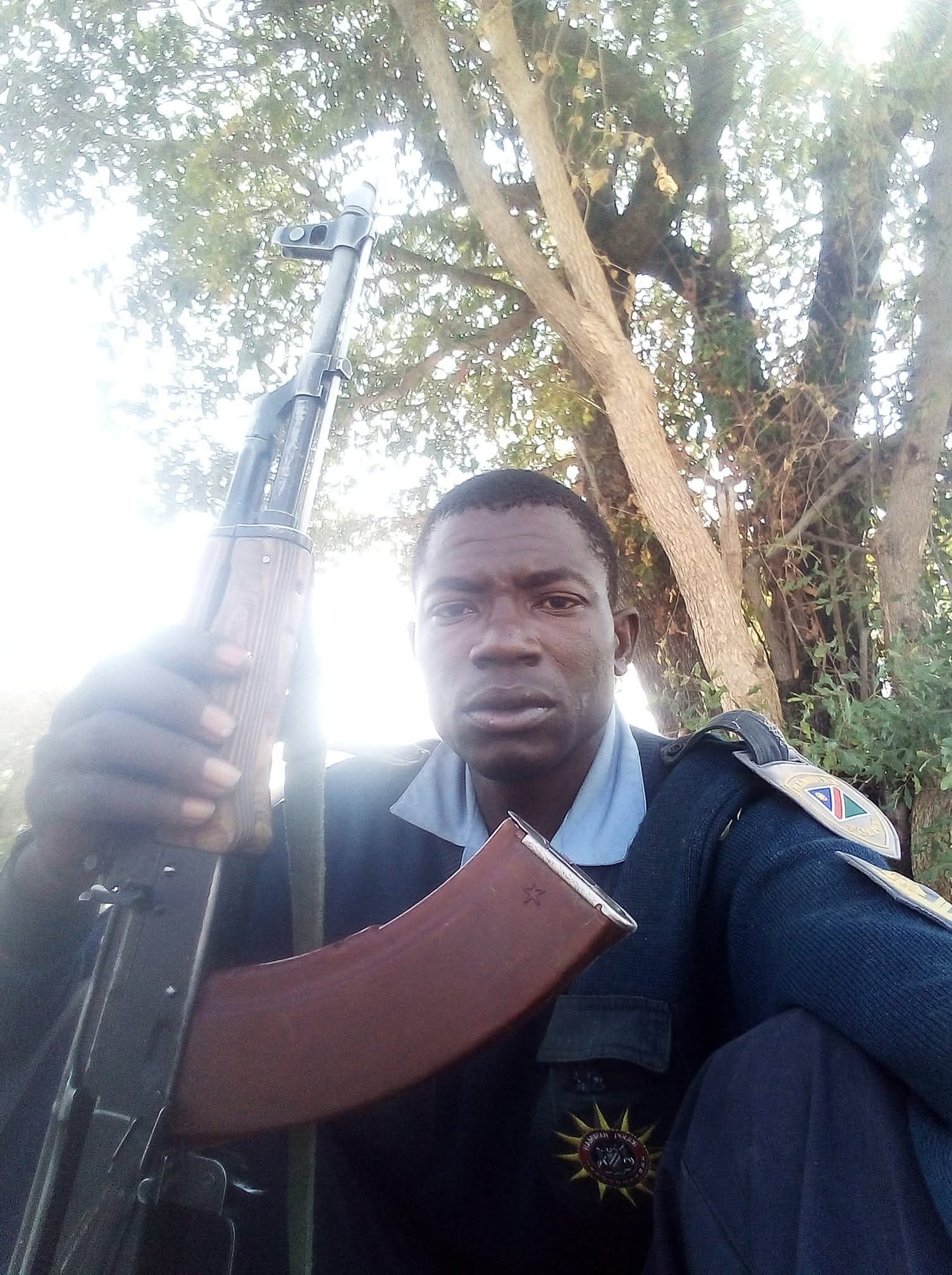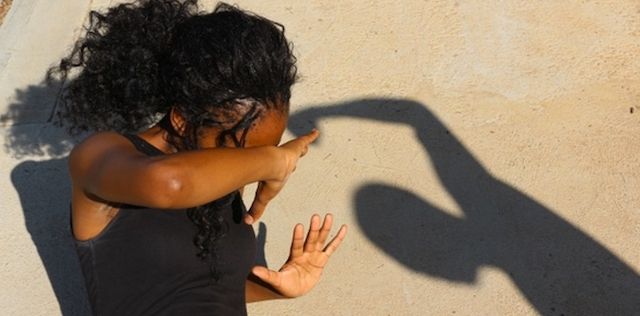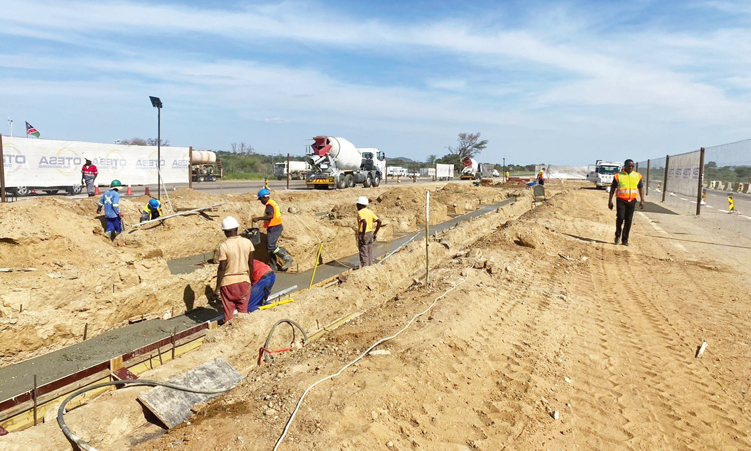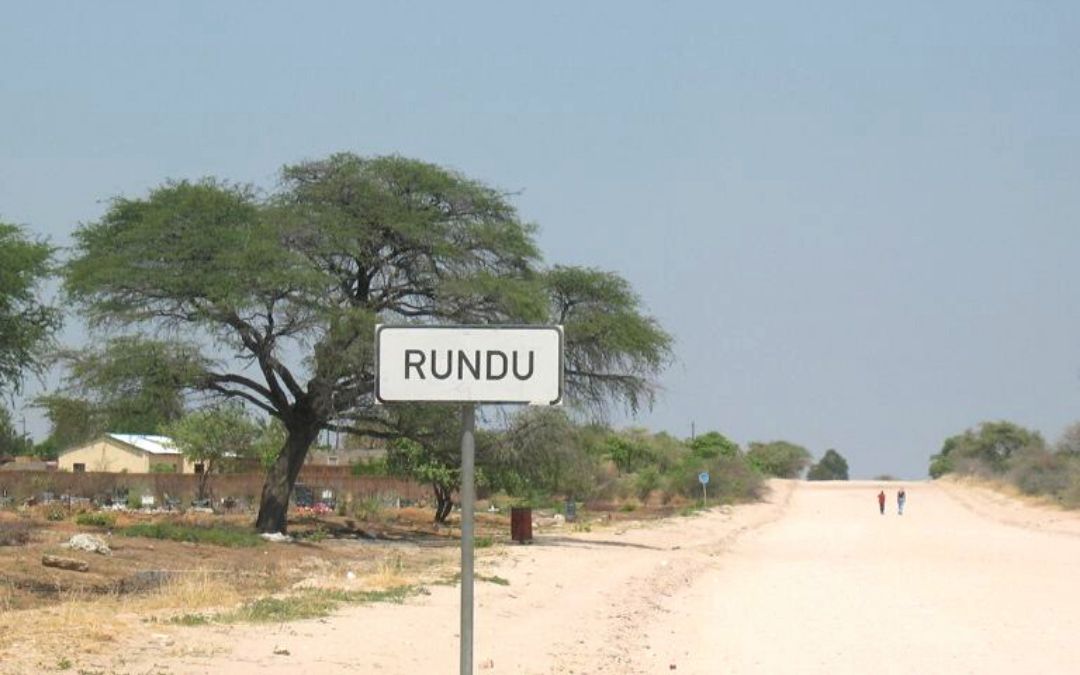Tibet’s governor promised leniency to anti-Chinese protesters who turned themselves in before the end of yesterday – and harsh consequences for those who don’t – while troops fanned out to quell sympathy protests that have spread to three neighbouring provinces.
Champa Phuntsok said last week’s violent demonstrations in the regional capital of Lhasa left 16 dead and dozens injured. Unconfirmed reports from Tibetan exile groups put the death toll at 80, a claim he denied.The uprising, the fiercest against Chinese rule in the region in almost two decades, has embarrassed China’s communist government and undermined its efforts to have an unblemished run-up to the Beijing Olympics.The ensuing crackdown, meanwhile, led the Dalai Lama, Tibetans’ exiled spiritual leader, to decry what he called “cultural genocide” in his homeland and call for an international investigation.He also expressed helplessness in the face of the surrender demand.The Washington, DC-based International Campaign for Tibet said residents were fearful of a military sweep after the deadline at midnight last night.The Tibet governor described a scene of chaos throughout Lhasa on Friday with “people engaged in reckless beating, smashing, looting and burning.”Shops, schools, hospitals and banks were targeted and bystanders were beaten and set on fire, he said.”No country would allow those offenders or criminals to escape the arm of justice and China is no exception,” said Champa Phuntsok, an ethnic Tibetan installed in the governor’s role.”If these people turn themselves in, they will be treated with leniency within the framework of the law,” he said.”If these people could provide further information about the involvement of other people in those crimes, then they could be treated even more leniently.”Otherwise, he added, “we will deal with them harshly.”He said he did not know if anyone had surrendered so far.A woman from the duty office of Lhasa’s Public Security Bureau and a man from the publicity department of the city’s Communist Party Committee said they had no idea about the situation.Both refused to give their names or any other details.Meanwhile, security forces were mobilising across a broad expanse of western China, where demonstrations were springing up in Tibetan communities in the provinces of Sichuan, Qinghai and Gansu.In Nepal, meanwhile, police used bamboo batons to disperse about 100 Tibetan protesters and Buddhist monks in Katmandu on Monday, arresting around 30.The unrest in Tibet began March 10 on the anniversary of a 1959 uprising against Chinese rule of the region.Tibet was effectively independent for decades before communist troops entered in 1950.Beijing has said the violence was engineered by supporters of the Dalai Lama, whose government-in-exile has been based in the Indian hillside town of Dharmsala since he fled Tibet after the failed 1959 uprising.He is still the region’s widely revered spiritual leader and one of the figures most reviled by China’s communist leadership.Speaking to reporters in India on Sunday, the Dalai Lama called for his followers to protest peacefully but said he would not order them to end the demonstrations.Nampa-APUnconfirmed reports from Tibetan exile groups put the death toll at 80, a claim he denied.The uprising, the fiercest against Chinese rule in the region in almost two decades, has embarrassed China’s communist government and undermined its efforts to have an unblemished run-up to the Beijing Olympics.The ensuing crackdown, meanwhile, led the Dalai Lama, Tibetans’ exiled spiritual leader, to decry what he called “cultural genocide” in his homeland and call for an international investigation.He also expressed helplessness in the face of the surrender demand.The Washington, DC-based International Campaign for Tibet said residents were fearful of a military sweep after the deadline at midnight last night.The Tibet governor described a scene of chaos throughout Lhasa on Friday with “people engaged in reckless beating, smashing, looting and burning.”Shops, schools, hospitals and banks were targeted and bystanders were beaten and set on fire, he said.”No country would allow those offenders or criminals to escape the arm of justice and China is no exception,” said Champa Phuntsok, an ethnic Tibetan installed in the governor’s role.”If these people turn themselves in, they will be treated with leniency within the framework of the law,” he said.”If these people could provide further information about the involvement of other people in those crimes, then they could be treated even more leniently.”Otherwise, he added, “we will deal with them harshly.”He said he did not know if anyone had surrendered so far.A woman from the duty office of Lhasa’s Public Security Bureau and a man from the publicity department of the city’s Communist Party Committee said they had no idea about the situation.Both refused to give their names or any other details.Meanwhile, security forces were mobilising across a broad expanse of western China, where demonstrations were springing up in Tibetan communities in the provinces of Sichuan, Qinghai and Gansu.In Nepal, meanwhile, police used bamboo batons to disperse about 100 Tibetan protesters and Buddhist monks in Katmandu on Monday, arresting around 30.The unrest in Tibet began March 10 on the anniversary of a 1959 uprising against Chinese rule of the region.Tibet was effectively independent for decades before communist troops entered in 1950.Beijing has said the violence was engineered by supporters of the Dalai Lama, whose government-in-exile has been based in the Indian hillside town of Dharmsala since he fled Tibet after the failed 1959 uprising.He is still the region’s widely revered spiritual leader and one of the figures most reviled by China’s communist leadership.Speaking to reporters in India on Sunday, the Dalai Lama called for his followers to protest peacefully but said he would not order them to end the demonstrations.Nampa-AP
Stay informed with The Namibian – your source for credible journalism. Get in-depth reporting and opinions for
only N$85 a month. Invest in journalism, invest in democracy –
Subscribe Now!










